Alan: We want to believe that we are in control, masters of our own fate.
But we are not.
Or perhaps I should say that we -- and our willpower -- are masters of very little unless circumstances, largely ruled by chance, make our lucky stars align.
Even then, the lucky alignment of our stars only permits us to pretend we are masters of our fate.
C.S. Lewis spoke the role "pretense" plays in personal development.
And it is true: we pretend our way into "becoming" -- an approximation of our ideals by conjuring-and-honoring images of what we hope to be -- and then - within limits - we become them.
A young girl playing with a doll "pretends" her way into motherhood.
Or, at least we tend to "become what we perceive" until such time as our stars - through no fault of our own - fall out of alignment.
A psychotic episode.
The onset of schizophrenia.
An accident that leaves us with a shattered brain like Phineas Gage. https://en.wikipedia.org/wiki/Phineas_Gage (If you don't know about Phineas Gage, it is an astonshing story.)
“Whilst in this state of philosophical pessimism and general
depression of spirits about my prospects, I went one evening into a
dressing room in the twilight to secure some article that was there;
suddenly there fell upon me, without any warning, just as if it had come
out of the darkness, a horrible fear of my own existence.
Simultaneously
there arose in my mind the image of an epileptic patient whom I had seen
in the asylum, a black haired youth with greenish skin, entirely idiotic,
who used to sit all day on one of the benches, or rather shelves against
the wall, with his knees drawn up against his chin, and the coarse grey
undershirt, which was his only garment, drawn over them enclosing his
entire figure.
He sat there like a sort of sculptured Egyptian cat or
Peruvian mummy, moving nothing but his black eyes and looking
absolutely non-human. This image and my fear entered into a species of
combination with each other.
That shape am I, I felt potentially. Nothing
that I can possess can defend me against that fate, if the hour for it should
strike for me as it struck for him.
America's Real Criminal Element: Lead
"When Your Child Is A Psychopath"
There was such a horror of him, and
such a perception of my own merely momentary discrepancy from him,
that it was as if something hereto solid within my breast gave way
entirely, and I became a mass of quivering fear.
After this the universe
was changed for me altogether.
I woke morning after morning with a
horrible dread in the pit of my stomach, and with a sense of the insecurity
of life that I never knew before and that I have never felt since.
It was
like a revelation; and although the immediate feelings passed away, the
experience has made me sympathetic with the morbid feelings of others
ever since.
It gradually faded, but for months I was unable to go out in
the dark alone.
In general I dreaded to be left alone.
I wondered how other people
could live, how I myself had ever lived, so unconscious of that insecurity
beneath the surface of life.
My mother, in particular, a very cheerful
person, seemed to me a perfect paradox in her unconsciousness of
danger, which you may well believe I was very careful not to disturb by
revelations of my own state of mind.
I have always thought that this
experience of melancholia of mine had a religious bearing. (William James, 1902,
p. 156)
Alan: The excerpt above is from pp 134-135 of an online book titled "The Self And Therapy," by Jerome D. Levin Ph.D.
The Over-Valuation Of Will Power:
"Will You Lose Weight? Take A Look At Your Poop"
I have no idea where Bundy fits into to the annals of The Criminally Insane.
Indeed, is that the category where he belongs?
Where else would we put him?
Ted Bundy
Wikipedia
For more insight, visit Google Images and key-word search "Insane Asylum Restraints"
"There, but for the grace of God..."
But what kind of God designs a Universe that lets these things happen?
Perhaps the same kind of God that makes the following happen...
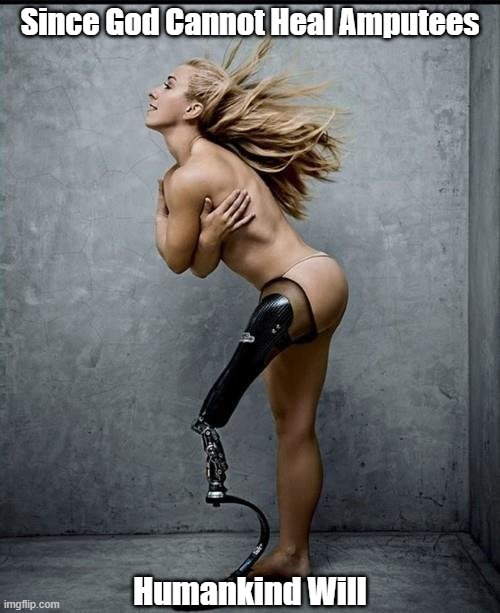
"Since God Doesn't Heal Amputees, Humankind Will. The Future Of Christian Theology"
Compendium Of Pax Posts On Theosis, The Limits Of Religion And A New "Christian Science"
Pierre Teilhard de Chardin SJ: "Research As Adoration"
Teilhard de Chardin, SJ
Aquinas, St. Symeon The New Theologian And Their Spiritual Kin

“God became man that man might become God"Church Father, St. Athanasius as 298-373
John Ford, John Wayne, Aquinas And Theosis (Christian Divinization)
"Theosis, Service And The Future Of Christianity"
"Somewhere Over The Rainbow"by Israel "IZ" Kamakawiwoʻolehttps://www.youtube.com/watch?v=V1bFr2SWP1I
Pierre Teilhard de Chardin SJ: "Research As Adoration"
Teilhard de Chardin, SJ
Aquinas, St. Symeon The New Theologian And Their Spiritual Kin

“God became man that man might become God"
Church Father, St. Athanasius
as 298-373
John Ford, John Wayne, Aquinas And Theosis (Christian Divinization)
"Theosis, Service And The Future Of Christianity"
"Somewhere Over The Rainbow"
by Israel "IZ" Kamakawiwoʻole
https://www.youtube.com/watch?v=V1bFr2SWP1I/cdn.vox-cdn.com/uploads/chorus_image/image/68802626/HannibalFinal1.0.jpg)
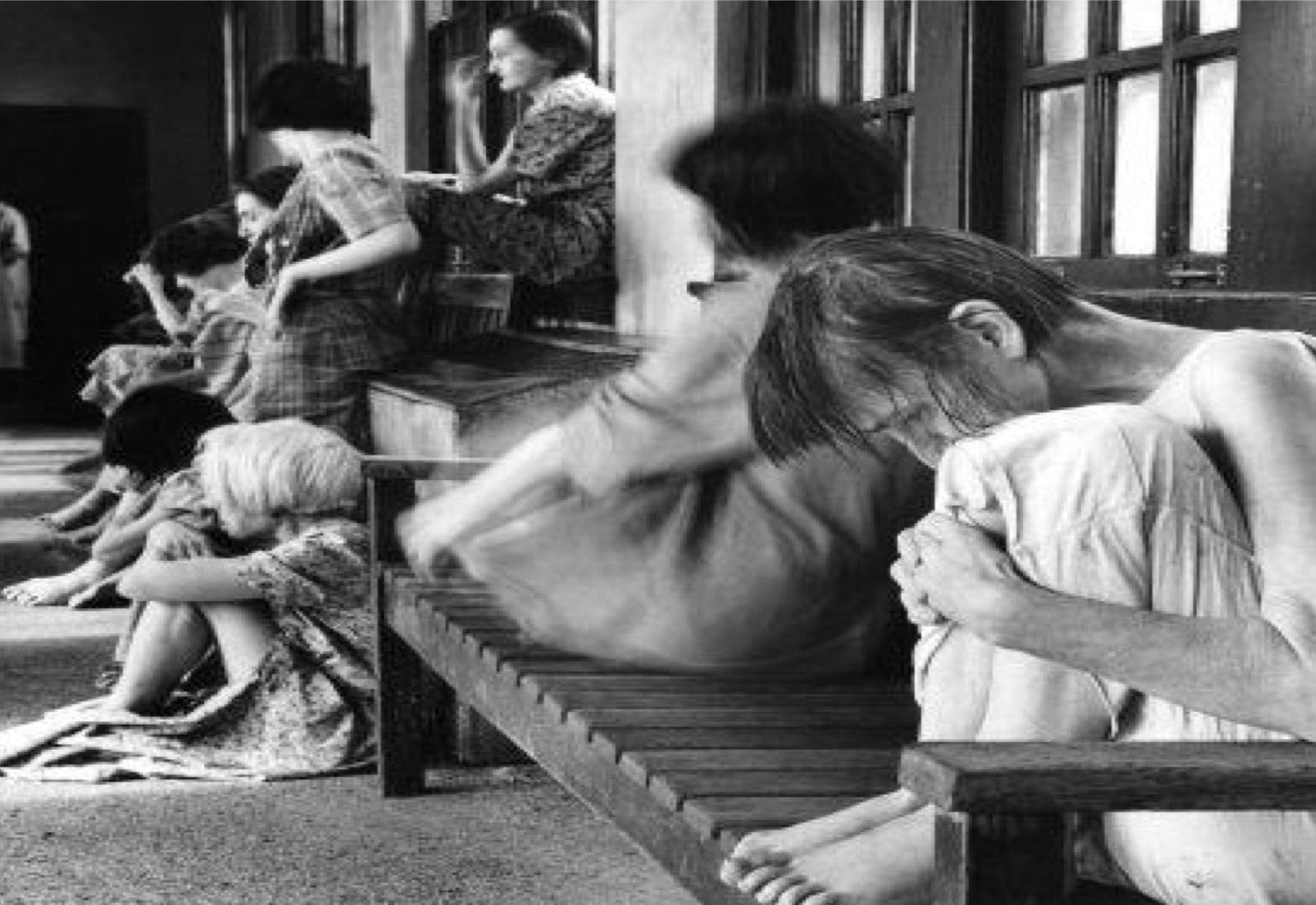
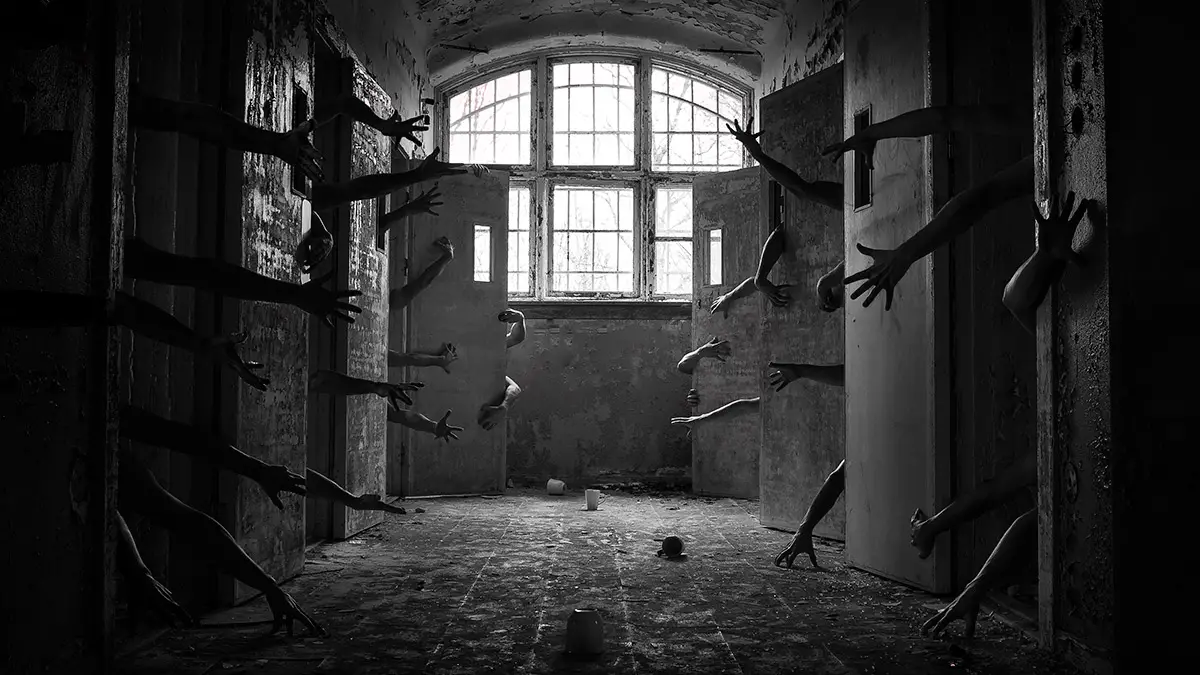
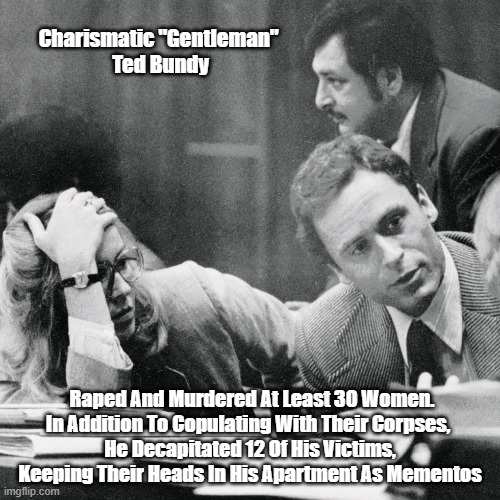
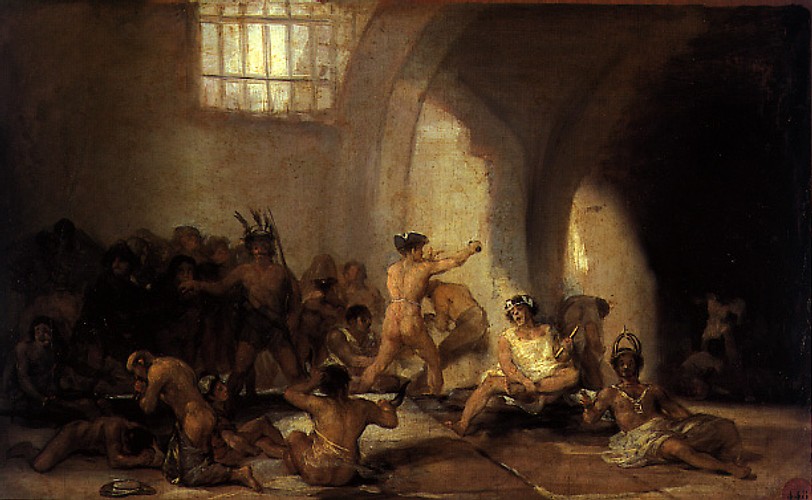

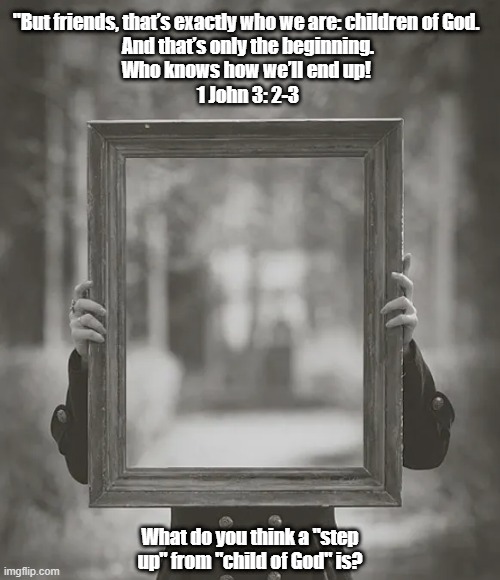

No comments:
Post a Comment